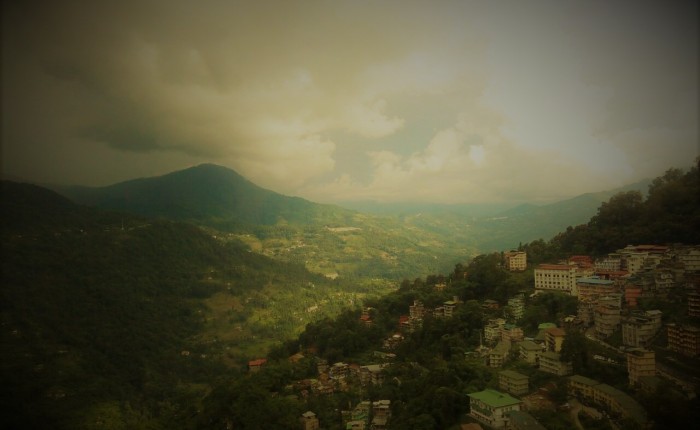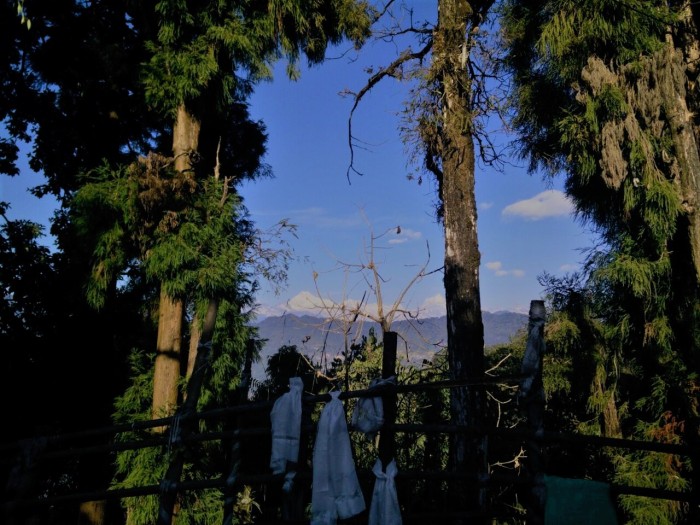Run to the rescue with love, and peace will follow – River Phoenix
The deadly Covid-19 has gripped the planet with fear, but a civilization of 1.4billion people has no time to think twice about a coughing or sneezing neighbour, as it finds itself battling a vicious virus of hate and mistrust. New Delhi has witnessed the spark of communal riots and the viral reactions that followed such horrific incidents have created ripples of rage and anxiety among netizens in India. A (misunderstood or misrepresented) legislation poses a threat in catalysing a civil war on the lines of religion and identity, and I sit here dispirited in a foreign land, ironically studying an LLM in conflict resolution.
The truth is, no matter who you are or where you live or what God you pray to or don’t, you are concerned about the loss of humanity in certain pockets of the country, and you are afraid it will trickle down to your region, your neighbourhood, your family and even worse, your own self. The physical unrest in one corner of the country has provoked our minds and shaken our souls as we know we will have to all face the test, someday soon. Some of us are ashamed of our friends’ political orientations and hidden racist insecurities, while others are shocked to learn of our families’ secret ideologies and value systems.
You can try to shut yourself from the world, ignore the chaos surrounding you or sprinkle some humour on everything you hear and watch, but you can’t do it for too long – not if you’re human, not if it begins to haunt you. Many of us have taken to Facebook and Instagram expressing our fear or rebellion, while others are tweeting furiously about how they condone or condemn the brutal scenes which have gone viral on social media.
There are many of us who have not spoken out on social media or even to a friend over a call or even to our families, but, internally, we feel shattered. It could be the fear of being persecuted, the anxiety of losing age-old friends, the tensions of everyday life – work deadlines and home responsibilities, the pressure of excelling at examinations and job interviews, the risk of being ignored for a raise or fired by your employer – or it could simply be a sense of hopelessness and frustration that we can’t make a change, that our voice is just an insignificant drop in an ocean full of bigger influencers.
It is perfectly alright to relate to any of the reasons listed above.
It is also perfectly fine to not relate to any of the reasons listed above and simply say, “We chose not to speak – not because we don’t care, but because we really don’t care!”
Yes, for many of us, life goes on. We wake up every morning going about minding our business like we always have, choosing to live in peace like we always do, deciphering right from wrong without letting our moral compass be prejudiced by negative energy. No news we read, watch, or hear from external sources affect our relationships with friends and acquaintances at our workplace or strangers we meet on the street. We don’t feel the need to go out of our way to be secular or liberal, as that’s the lifestyle that flows through our veins. We don’t care who you are, where you are from, who do you worship, how you dress, what language you speak, where were you born, what you eat or drink, why you don’t wear your patriotism on your sleeve- as long as we can connect with you on a human level, and that’s what we plan to keep on doing in these times of a humanitarian crisis.
We understand the rationale and good intentions of some of our friends who think it is necessary to speak up, but we rather spend our time and energy living in freedom and creating memories with our friends from diverse communal backgrounds. We prefer being kind with the food delivery guy who was late, than slamming a random stranger on Twitter who swore at a food delivery guy. We prefer greeting our taxi driver with respect, than take out our phone and shoot a video of fanatic youth beating up a cabbie and spread hate on Facebook.We prefer gobbling up savoury and sweet delicacies at religious festivals celebrated by our friends, than re-posting Instagram stories expressing anger about something bizarre and ridiculous a certain religious leaders said of another religion. We prefer cracking positively racist jokes on our closest friends in front of them, than joining hate groups on WhatsApp and instigating disgusting chatter based on unauthentic videos.
Since health organizations around the world are putting out precautionary measures to tackle human contagions of the Coronavirus and suggestions to build our immunity, here are few tips, from some of us to the rest of us, to tackle human contagions of Communal-Hatred virus and rebuild humanity.
- Wash yourself from any negative energyyou have gathered on your contact with the outside world. Don’t take it for granted that something you have watched or heard, or something that was said to you, won’t affect you. Suppressing a negative experience will only help nurture the virus of mistrust and hate. Speak to someone who practices the same liberal and secular philosophy as you.
- Quarantine yourself with positive energy– news of hope, peace, progress, courage – and optimistic personalities. Unfollow, unsubscribe, uninstall anything that is affecting your mental state of mind. If you think the news is not letting you sleep, turn off the notifications. If you feel nauseous listening to the rabid discussions at the dinner table, excuse yourself – feel free to politely express your discomfort and lack of appetite for such bigoted views.
- Emergency Helpline– Feel like you suffering from any of the symptoms of the Communal-Hatred violence, don’t infect the whole world. Call up a friend from a different religious background – speak to them of your honest thoughts and feelings. There is no better way to dispel hatred than to rebuild trust. Grab a coffee, go for a movie, do things that you always do to hang out with the friend. Laugh about your insecurities, cry about the pain you feel for those suffering. Acknowledge and appreciate their perspectives as well, which might not be the same as yours.
These measures should not be misconstrued by our more vocal soldiers of humanity as our indifference to the injustices meted out to the people. To prioritise ourselves and then help educate others around us, by having conversations and calling out the hatred and bigotry from amongst our own family and friends, we help contain these bigger injustices in our own small ways, and not necessarily through social media.
This is no time to judge the ones who stay silent. Not all of us have the words and the voice to express those words. Some of us prefer to live with action and affection, peacefully going about our daily lives and hope to contribute to the same goal – the restoration of trust and humanity in this country.


